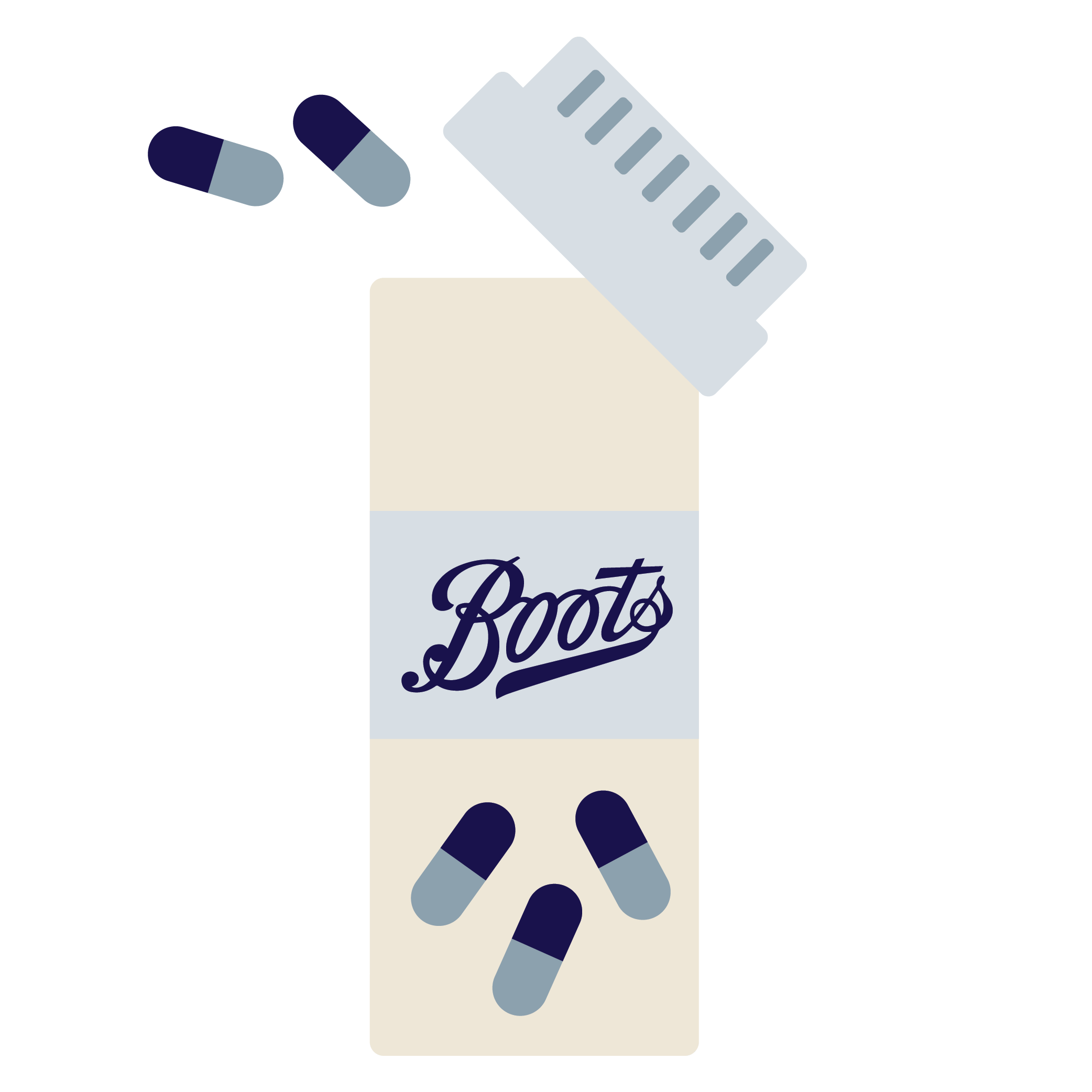
PSORIASIS — WHAT YOU NEED TO KNOW
What is psoriasis?
Psoriasis develops due to your skin producing too many new skin cells too quickly. When this happens, patches of skin can become flaky, or crusty with scaly skin on top. The patches are sometimes itchy and inflamed and can become worse if left untreated. They can appear anywhere on the body but are usually found on your elbows, knees, scalp and back. Psoriasis can also affect the nails and cause joint pains.If you are experiencing joint pains too you should seek an assessment from your GP.
There is no cure for psoriasis but we can help you manage the condition with the right treatment.

Who can get plaque psoriasis?
You can get plaque psoriasis at any age, but it typically first appears in people before the age of 35. Both men and women get psoriasis equally and it can run in families.
If you’ve been diagnosed with plaque psoriasis by a medical professional, we can help you get the treatment you need.
What causes psoriasis?
The causes of psoriasis are still being investigated, although it’s thought to be a problem with how your immune system reacts with your skin. Psoriasis can run in families and flare-ups can be triggered by changes in the environment, injury or illness. Psoriasis can also become worse in the winter or when you’re stressed. Psoriasis can also be affected by pregnancy and get worse after pregnancy.
Psoriasis flare-ups can also be triggered by certain medicines so it’s important that you tell us which other medicines you’re taking — whether they’re prescriptions or medicines you’ve bought without a prescription.
What lifestyle choices can improve my psoriasis?
Although psoriasis is a long-term condition, your flare-ups may become worse when drinking alcohol and smoking. Limiting your alcohol intake and quitting smoking can help you manage your symptoms.
Page last reviewed by: Dr. Christina Hennessey 21/06/2021

